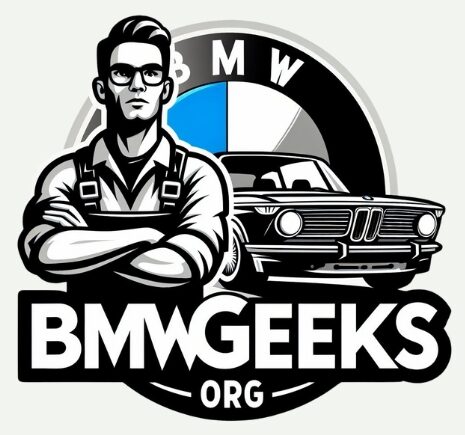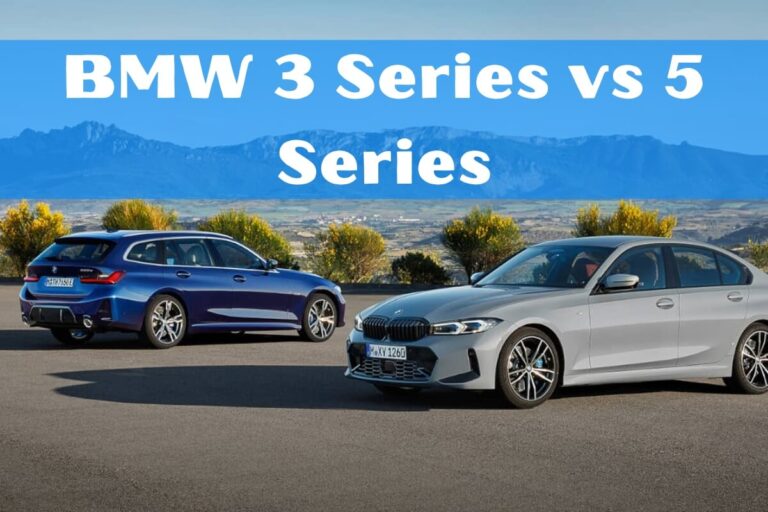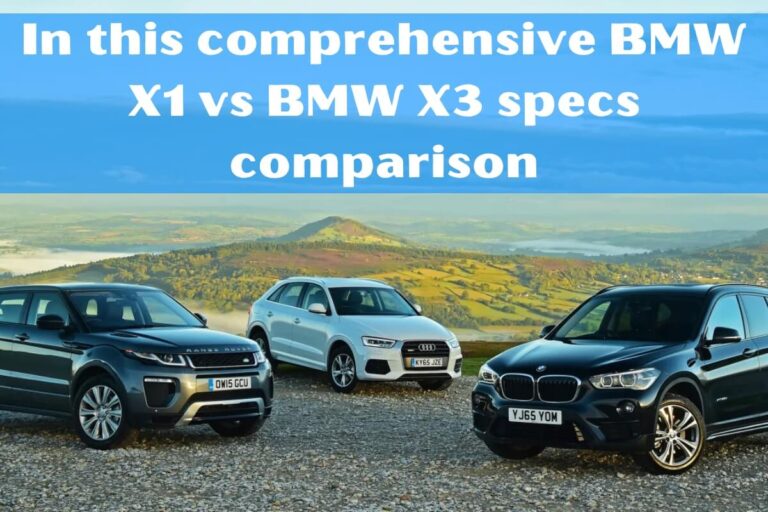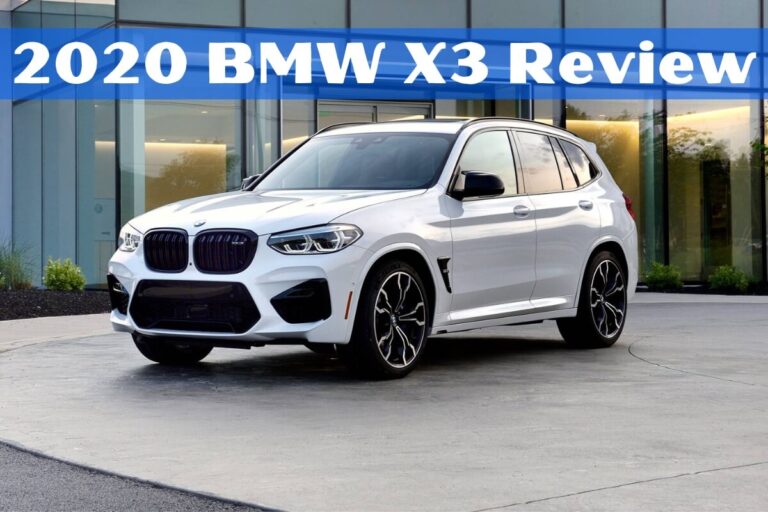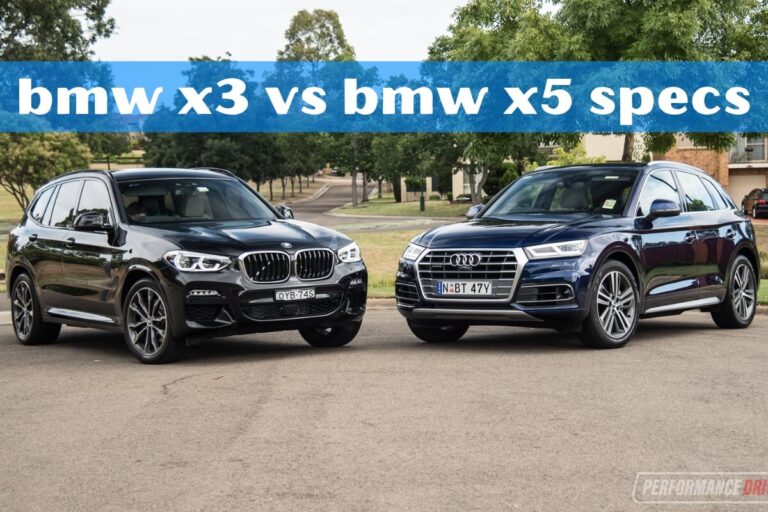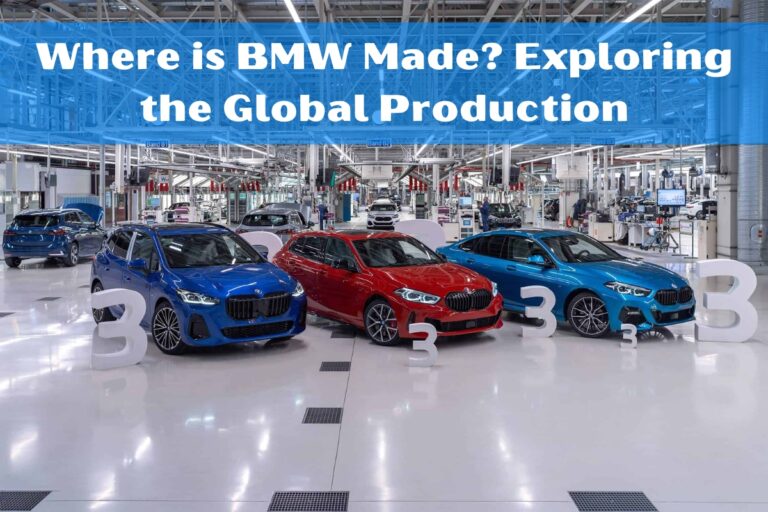Is Volkswagen Owned by BMW?
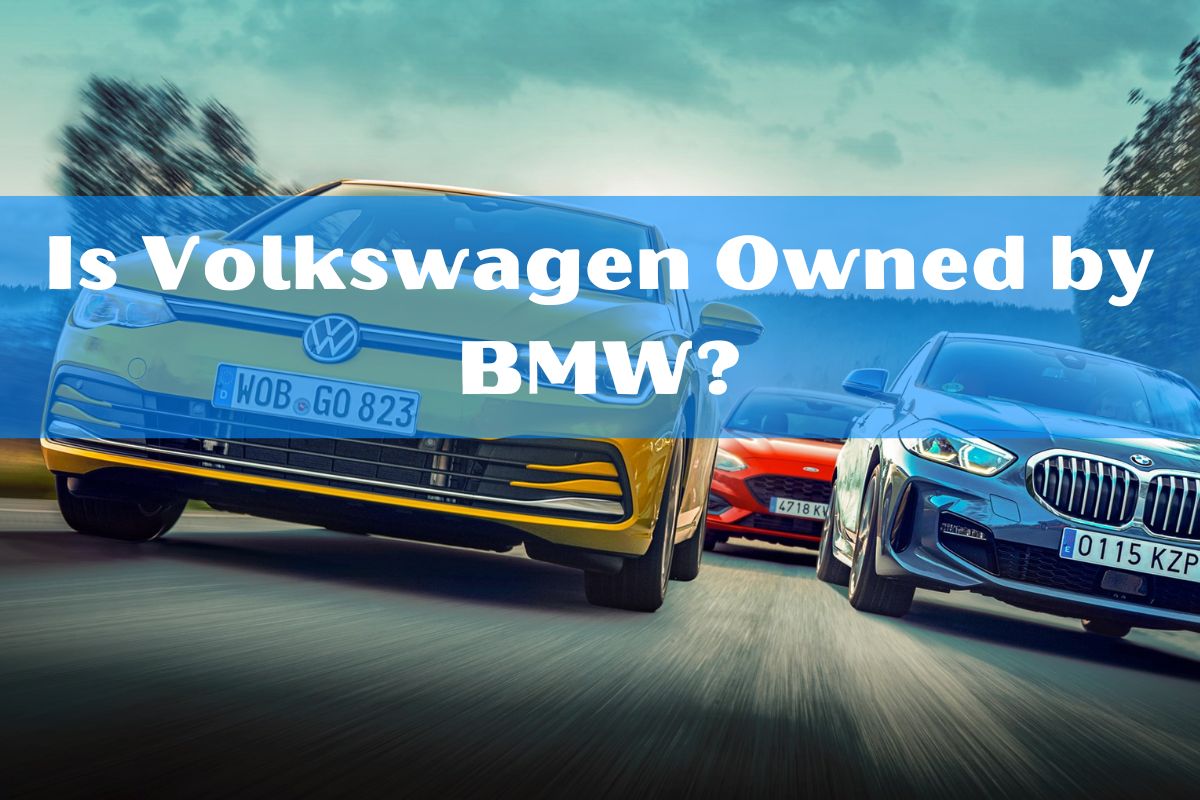
No, Volkswagen is not owned by BMW. Volkswagen is its own independent company, separate from BMW, that owns and manages a diverse portfolio of automotive brands. While both are major German automakers, Volkswagen and BMW have distinct ownership structures and brand lineups. This article will dive deeper into the ownership details of Volkswagen, its subsidiaries, and how it differs from the BMW Group.
What Companies Does Volkswagen Own?
Volkswagen is the parent company of a vast automotive empire, owning and operating a total of 12 brands under its Volkswagen Group umbrella. The key brands owned by Volkswagen include:
Volkswagen Passenger Cars
This is Volkswagen’s flagship brand, manufacturing popular models like the Volkswagen Golf, Jetta, Passat, and Beetle.
Audi
Volkswagen acquired Audi in 1965 and it has become one of the leading premium automotive brands in the world. Audi is known for its luxury sedans, SUVs, and high-performance models.
SEAT
SEAT is a Spanish car brand that Volkswagen took control of in 1986, making it the first non-German subsidiary of the Volkswagen Group.
Škoda
The Czech automaker Škoda has been a Volkswagen subsidiary since 1994 and produces affordable, family-friendly vehicles.
Bentley
Volkswagen acquired the British luxury brand Bentley in 1998, adding ultra-premium vehicles to its portfolio.
Bugatti
Also purchased in 1998, Bugatti is Volkswagen’s French hypercar brand, known for models like the Veyron and Chiron.
Lamborghini
Volkswagen’s Italian supercar brand Lamborghini was acquired in 1998 as well.
Porsche
After years of complex ownership ties, Volkswagen fully acquired Porsche in 2012, making it a wholly-owned subsidiary.
Ducati
The iconic Italian motorcycle manufacturer Ducati has been owned by Volkswagen’s Audi division since 2012.
Scania
Volkswagen took a controlling stake in the Swedish commercial vehicle company Scania in 2008 and made it a wholly-owned subsidiary in 2014.
MAN
The German commercial vehicle brand MAN also came under Volkswagen’s control in 2012.
Volkswagen Commercial Vehicles
As the name suggests, this is Volkswagen’s division focused on producing vans, pickups, and other commercial vehicles.
In total, the Volkswagen Group sells passenger vehicles, commercial vehicles, motorcycles, and industrial equipment across its diverse brand portfolio. It is one of the largest automobile manufacturers in the world.
How Does Volkswagen Differ from BMW?
While both Volkswagen and BMW are prominent German automakers, they have distinct ownership structures and brand lineups:
Ownership
Volkswagen is a publicly-traded company that is majority-owned by Porsche SE, a holding company controlled by the Porsche-Piëch family. The government of Lower Saxony also holds a significant stake in Volkswagen.
In contrast, BMW is an independent, publicly-traded company that is not owned by any other major automotive group. The Quandt family holds a controlling interest in BMW.
Brand Portfolio
As mentioned, Volkswagen owns a wide range of brands under its Volkswagen Group, including luxury and performance marques like Audi, Bentley, Lamborghini, and Porsche.
BMW, on the other hand, focuses primarily on its core BMW brand, along with the MINI and Rolls-Royce brands. It does not have the same level of brand diversification as Volkswagen.
Product Lineup
Volkswagen’s product lineup spans a broad range, from affordable compact cars to high-end sports cars and SUVs. The Volkswagen brand itself is known for models like the Golf, Jetta, and Passat.
BMW is more focused on producing premium, performance-oriented vehicles, with models like the 3 Series, 5 Series, and X5 SUV making up the core of its lineup.
History of Volkswagen Ownership
Volkswagen’s origins can be traced back to 1937, when it was founded by the German Labour Front under the Nazi regime. The goal was to create an affordable “people’s car” (Volkswagen in German) that could be purchased through a savings program.
After World War II, Volkswagen came under the control of the British military administration. In 1949, the company was restructured and revived as Volkswagen AG, with the West German government and the state of Lower Saxony becoming major shareholders.
Over the following decades, Volkswagen grew through acquisitions, taking control of brands like Audi, SEAT, Škoda, Bentley, Bugatti, Lamborghini, and Porsche. This allowed the Volkswagen Group to become one of the largest automotive conglomerates in the world.
In the early 2000s, Volkswagen’s ownership structure became more complex, with Porsche SE acquiring a majority stake in Volkswagen. This led to an attempted takeover of Volkswagen by Porsche, which was ultimately unsuccessful. In 2012, Volkswagen fully acquired Porsche, making it a wholly-owned subsidiary.
Today, Volkswagen AG is a publicly-traded company, with Porsche SE holding a majority voting stake, the government of Lower Saxony owning a significant share, and other investors holding the remaining equity.
Conclusion
In summary, no, Volkswagen is not owned by BMW. Volkswagen is an independent, publicly-traded company that owns a diverse portfolio of automotive brands, including Audi, Porsche, Bentley, and others. BMW, on the other hand, is a separate German automaker that focuses primarily on its core BMW brand and does not have the same level of brand diversification as Volkswagen.
While both are prominent German car companies, Volkswagen and BMW have distinct ownership structures, product lineups, and strategic focus areas. Understanding these differences is crucial for anyone interested in the automotive industry and the competitive landscape of global automakers.
